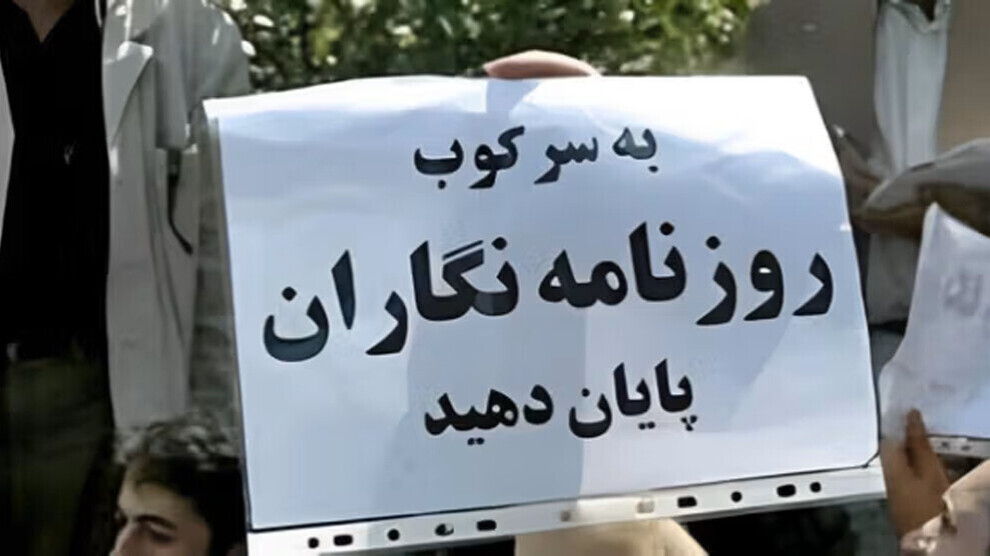A New Wave of Repression in Iran: Journalists and Activists Face Arrests and Summonses
Iran has seen a new escalation in its crackdown on journalists, with threats and summonses increasingly targeting women’s rights and media activists, reflecting a systematic effort to silence independent female voices in public life.

Maria Qadimi
Sana — Field reports and testimonies from media and civil society activists indicate that a new wave of arrests, summonses, and night raids has begun in Iran since early November, targeting journalists, researchers, and social activists who have long been under the scrutiny and threats of Iranian security agencies.
Data points to an increase in home searches and the confiscation of personal belongings, alongside the intensive interrogation of detained journalists, researchers, and social activists — reflecting a tightening of repressive policies against independent and critical voices in Iran.
Human rights organizations reported that several female journalists in Iran have recently faced summonses, threats, and temporary detention for their coverage of women’s issues, labor protests, and structural violence. Families of some of the detained women have expressed concern over the lack of information about their legal status and whereabouts amid ongoing restrictions on independent female voices.
In an exclusive interview, a journalist specializing in women’s issues — who preferred to remain anonymous — said:
“I receive summonses regularly and have been repeatedly threatened with arrest if I continue my work. I am not committing any legal violation — all I do is shed light on women’s problems. But the Iranian authorities see this as a threat to their system. This shows how severely freedom of expression is restricted, especially when it concerns women’s issues.”
She added that the pressures imposed on her extend beyond the workplace into her personal and online life:
“They want to control every aspect of our lives. If we give in, we’ll need permission even to breathe. What I ask for is freedom — not only for myself but for the next generation as well.”
In several cases, security forces have confiscated books, notebooks, and research documents belonging to civil society activists. These activists consider such measures a systematic attempt to silence independent knowledge production and obstruct any intellectual effort outside state control.
In this context, human rights organizations have confirmed that targeting journalists in Iran is a long-standing, systematic policy. According to Reporters Without Borders (RSF), Iran ranked 176th out of 180 countries in the 2024 World Press Freedom Index, making it one of the world’s largest prisons for journalists.
Media activists warn that the ongoing crackdown on journalists in Iran carries serious consequences — most notably the suffocation of the public sphere, the obstruction of free information flow, and the deepening of fear within society. They stress that these policies not only threaten freedom of expression but also cast a dark shadow over the future of Iranian society as a whole.
